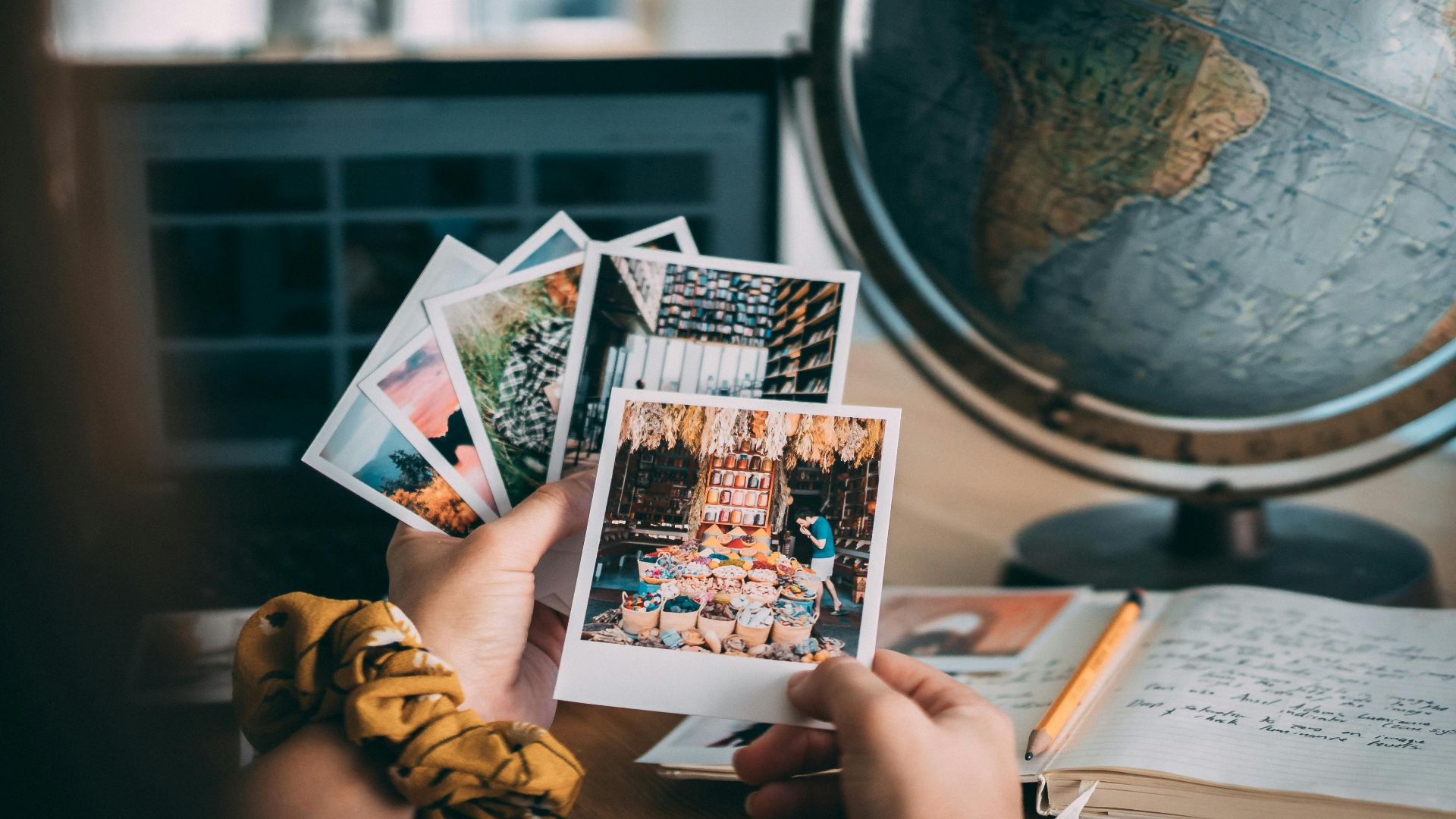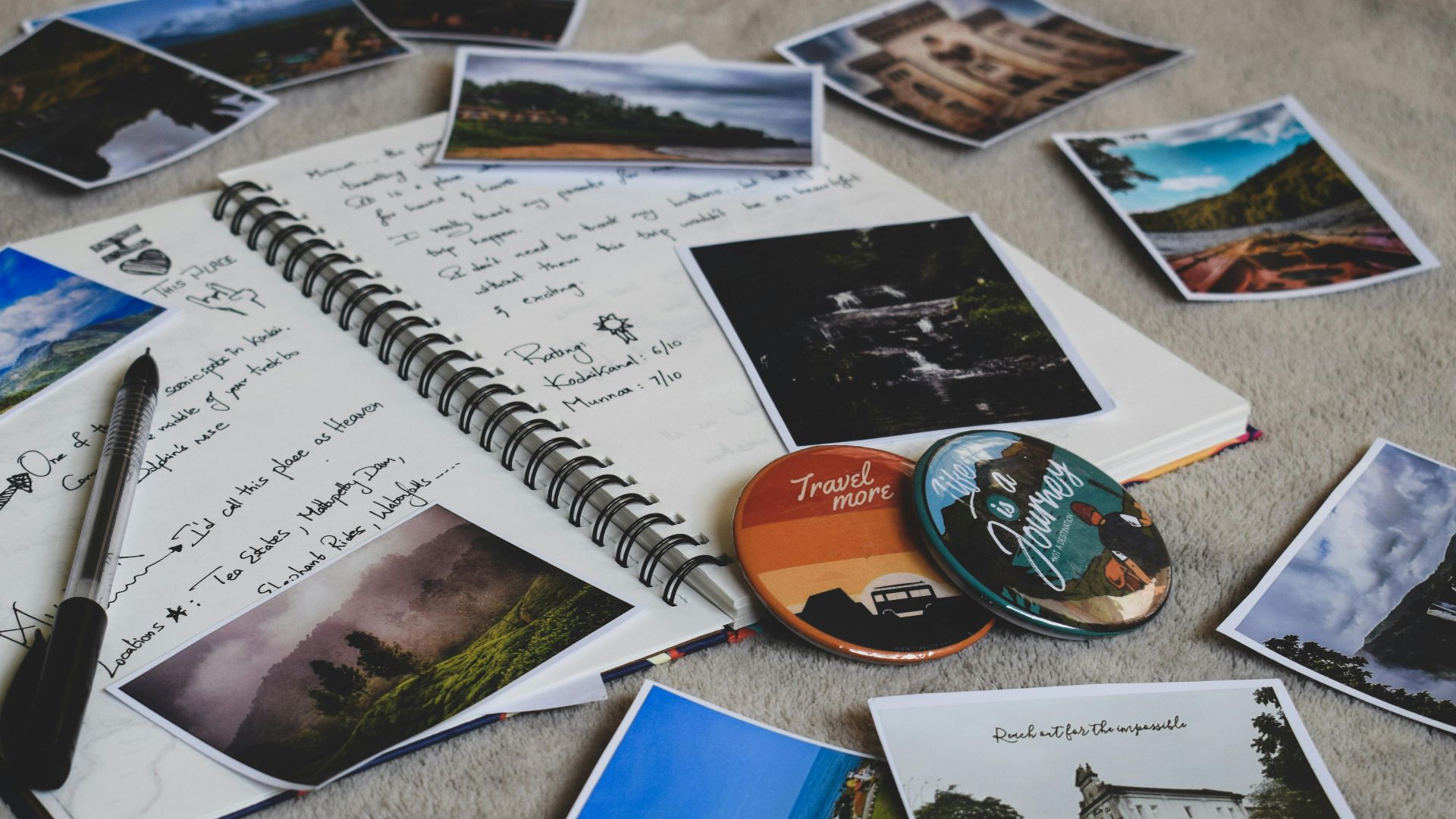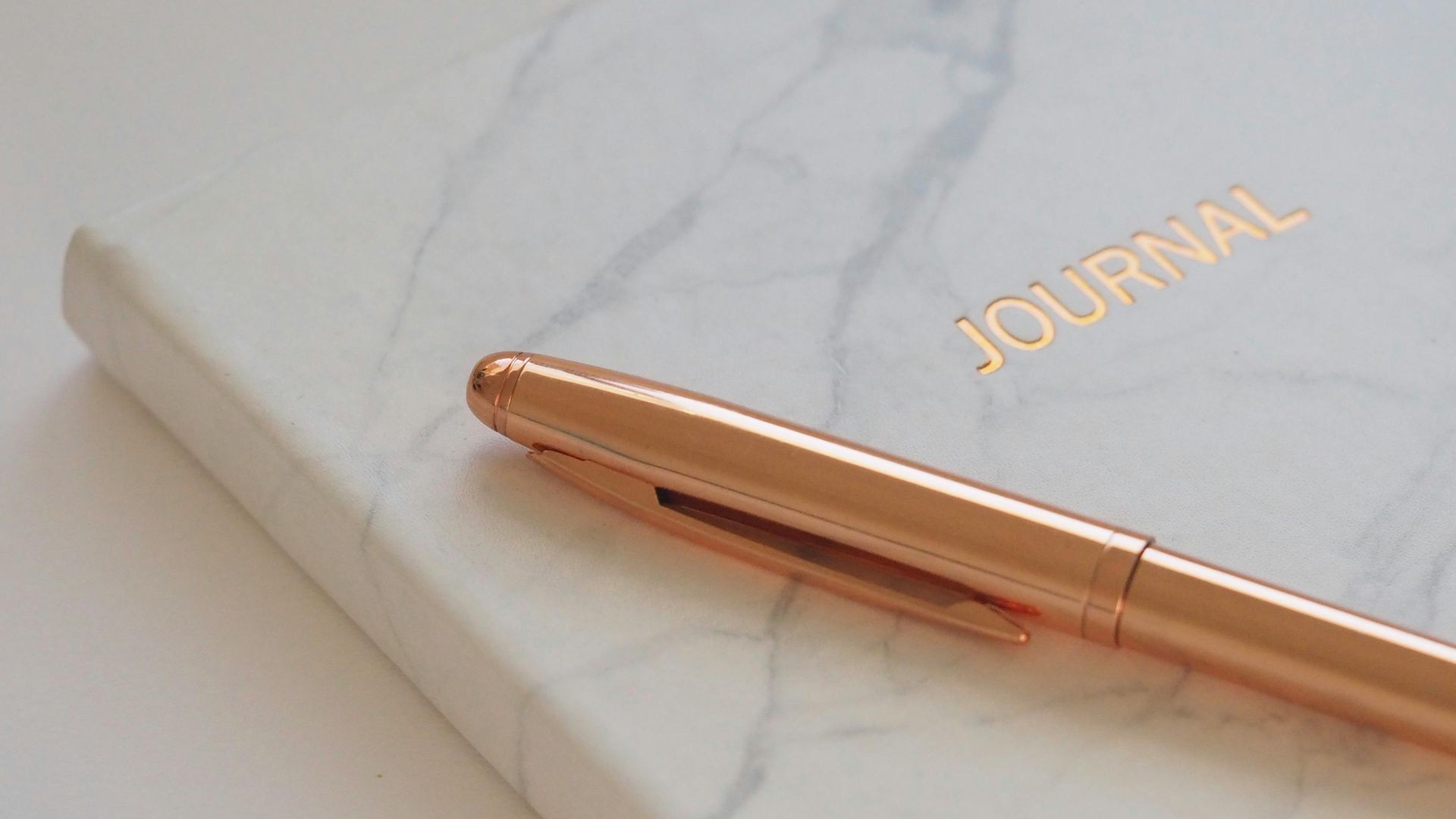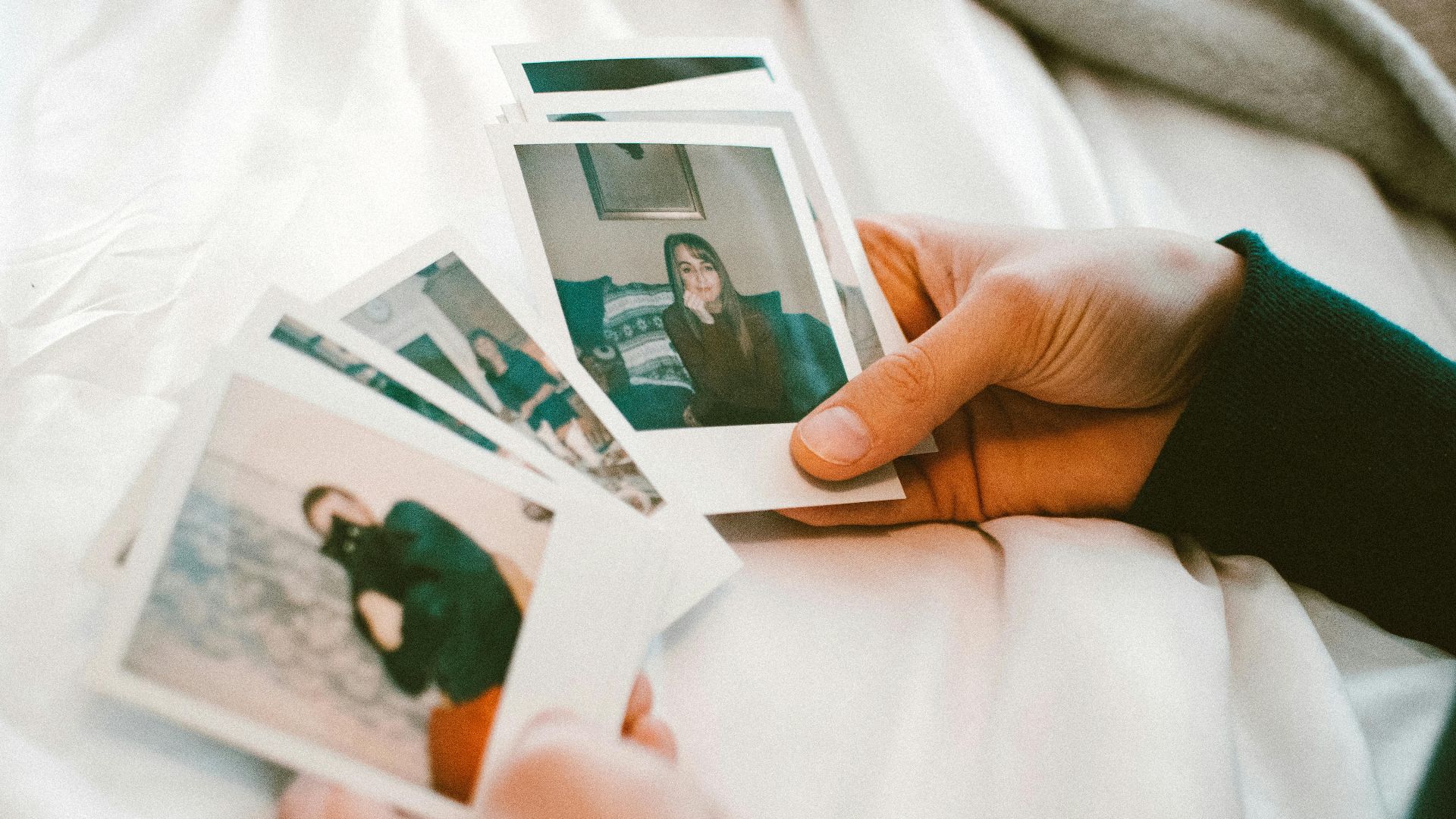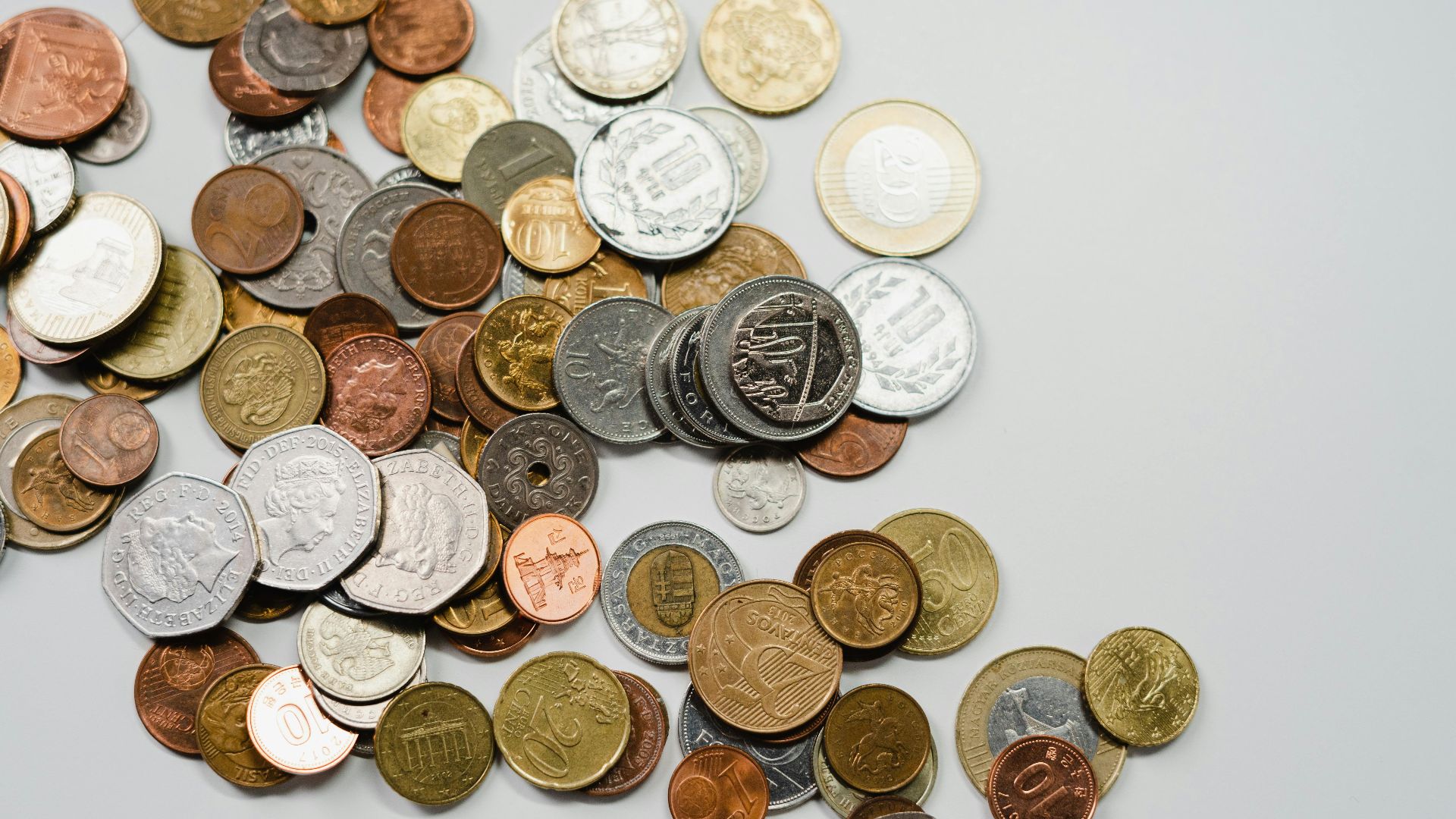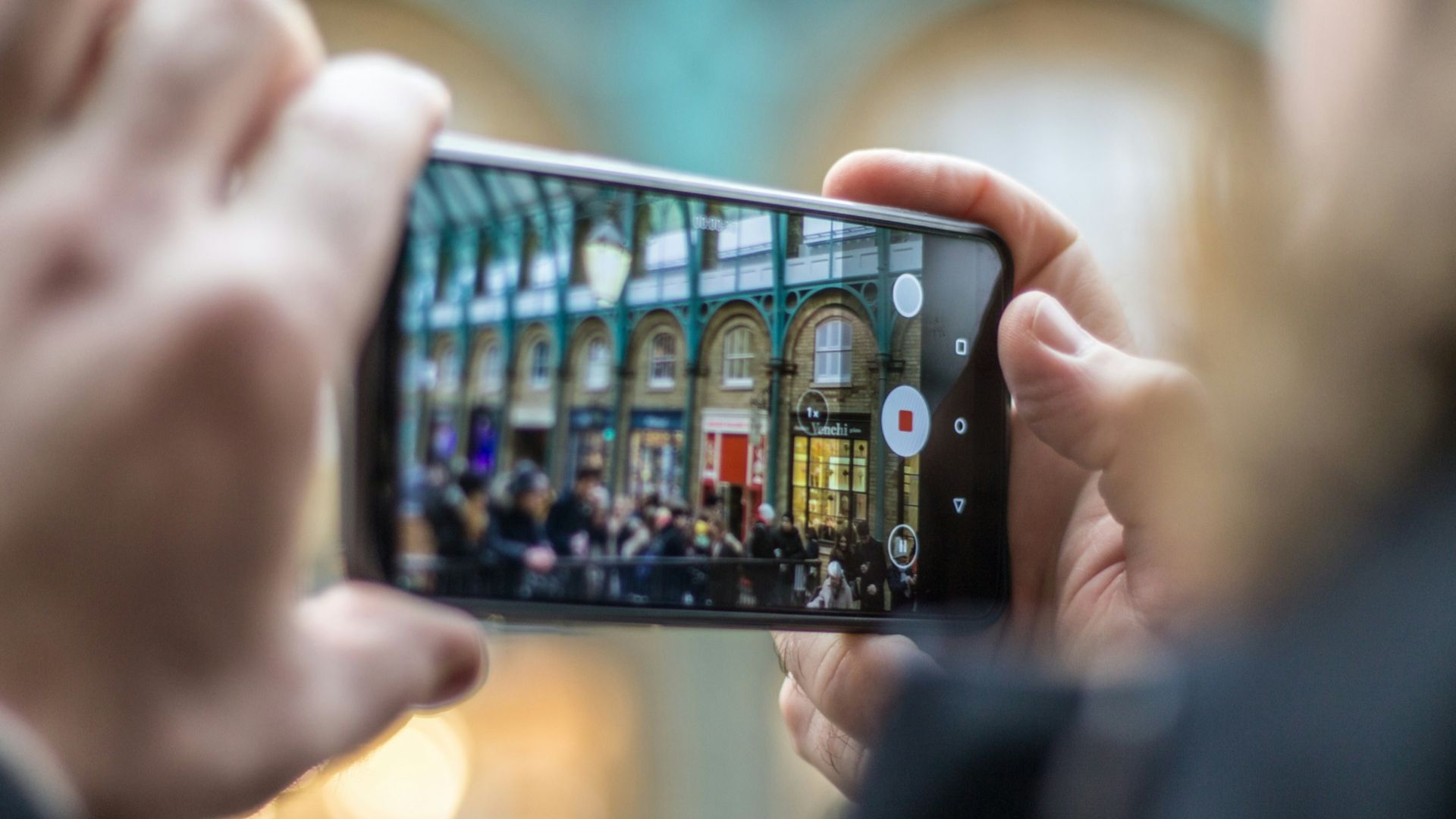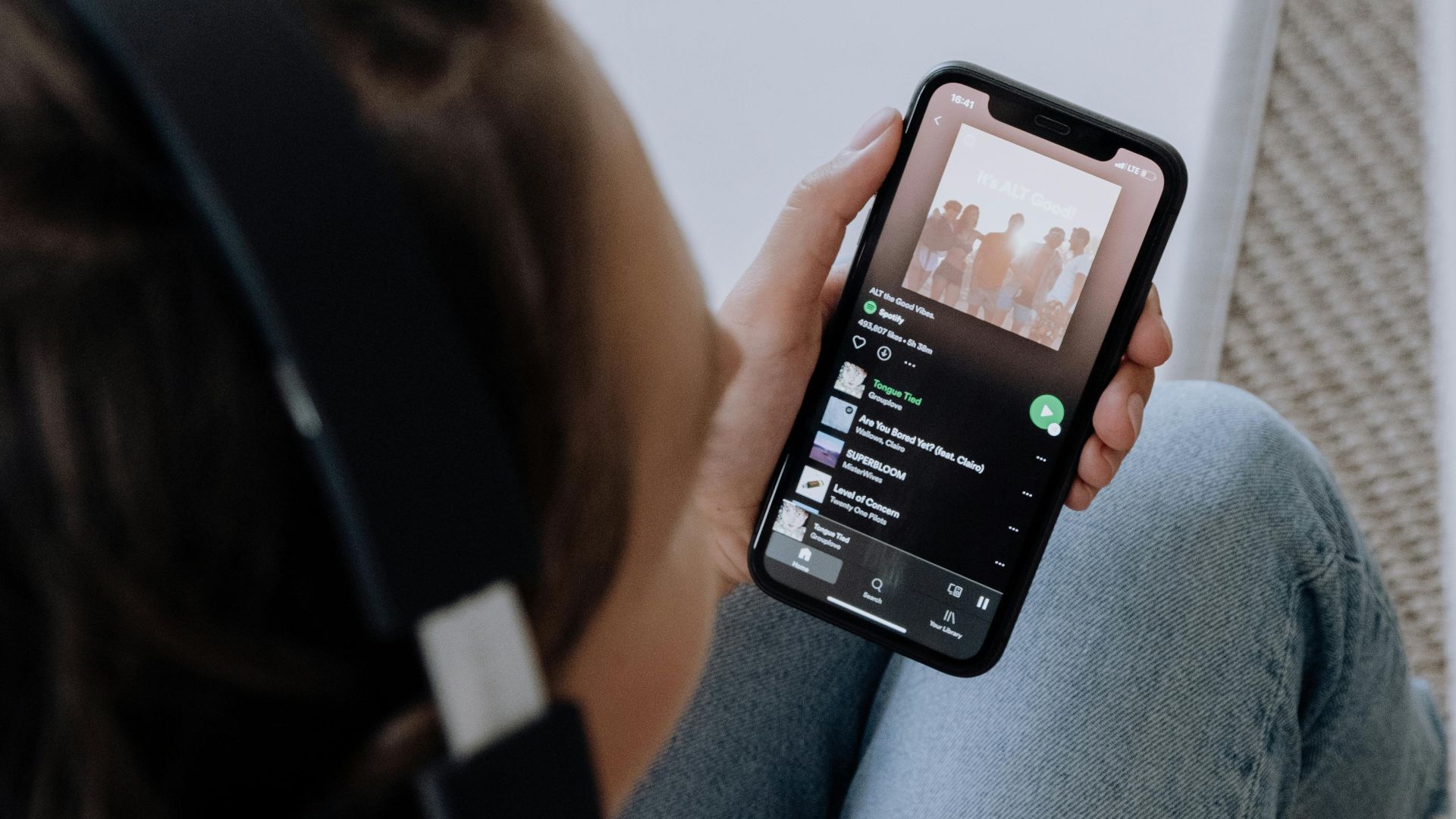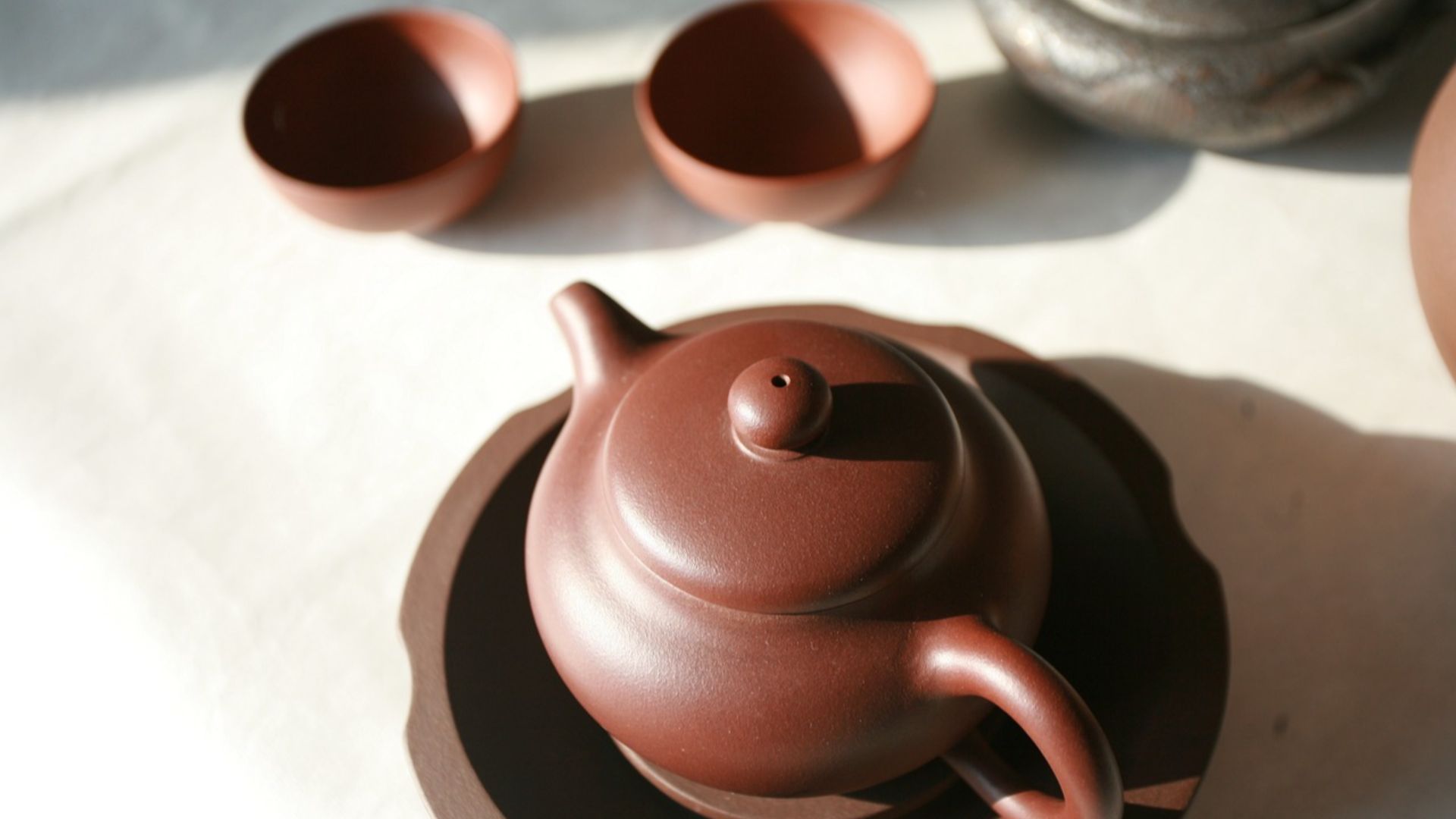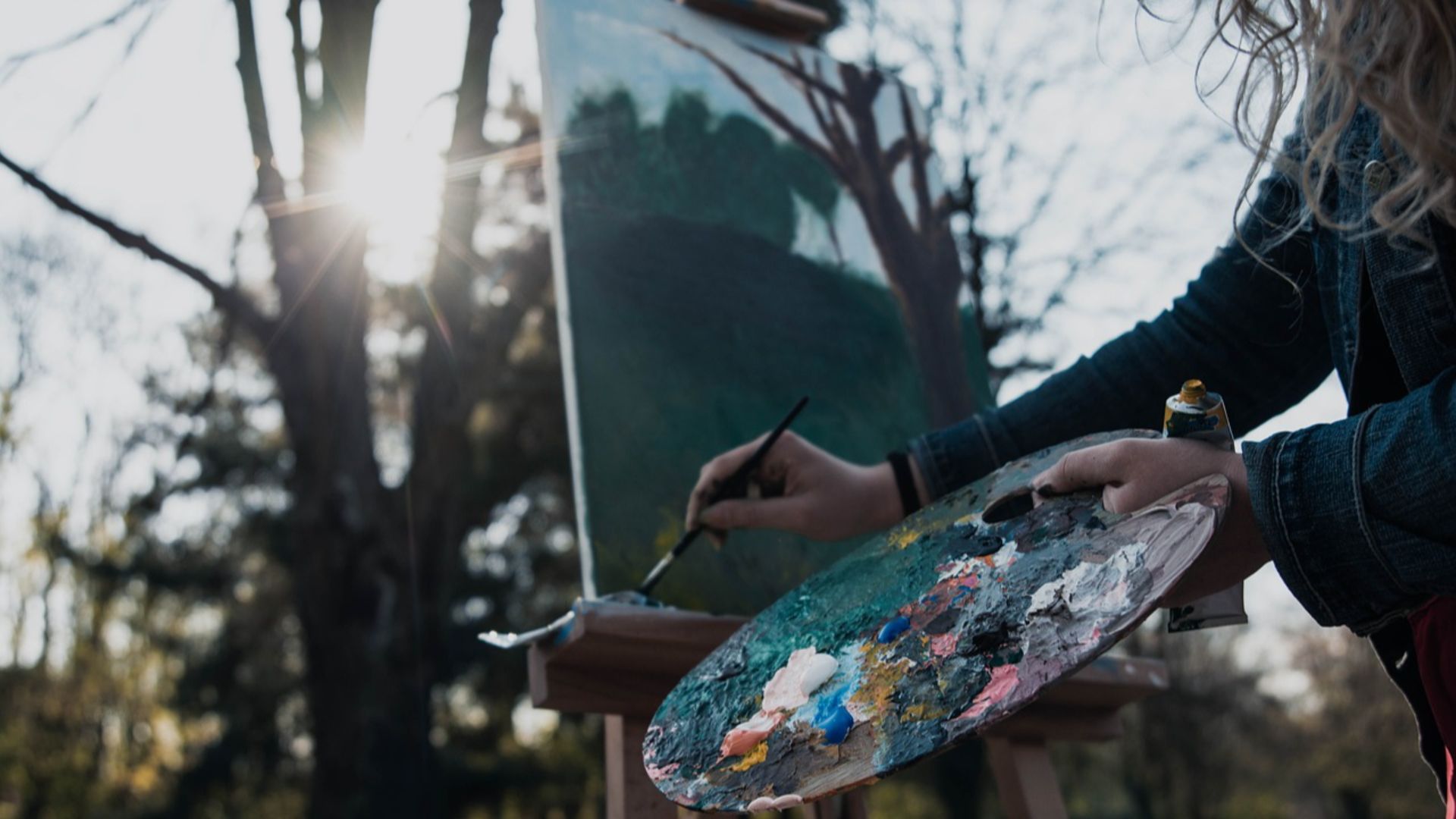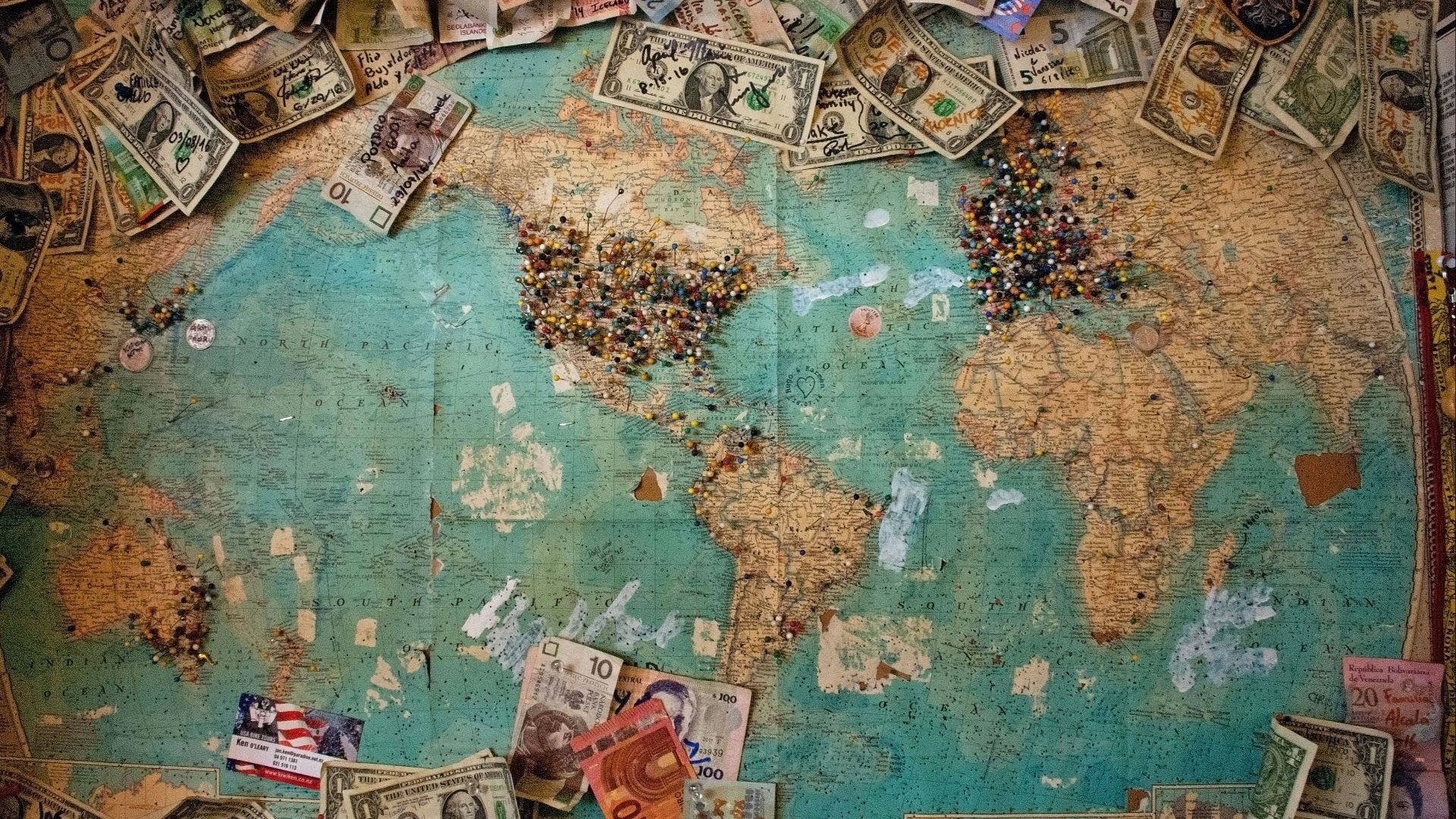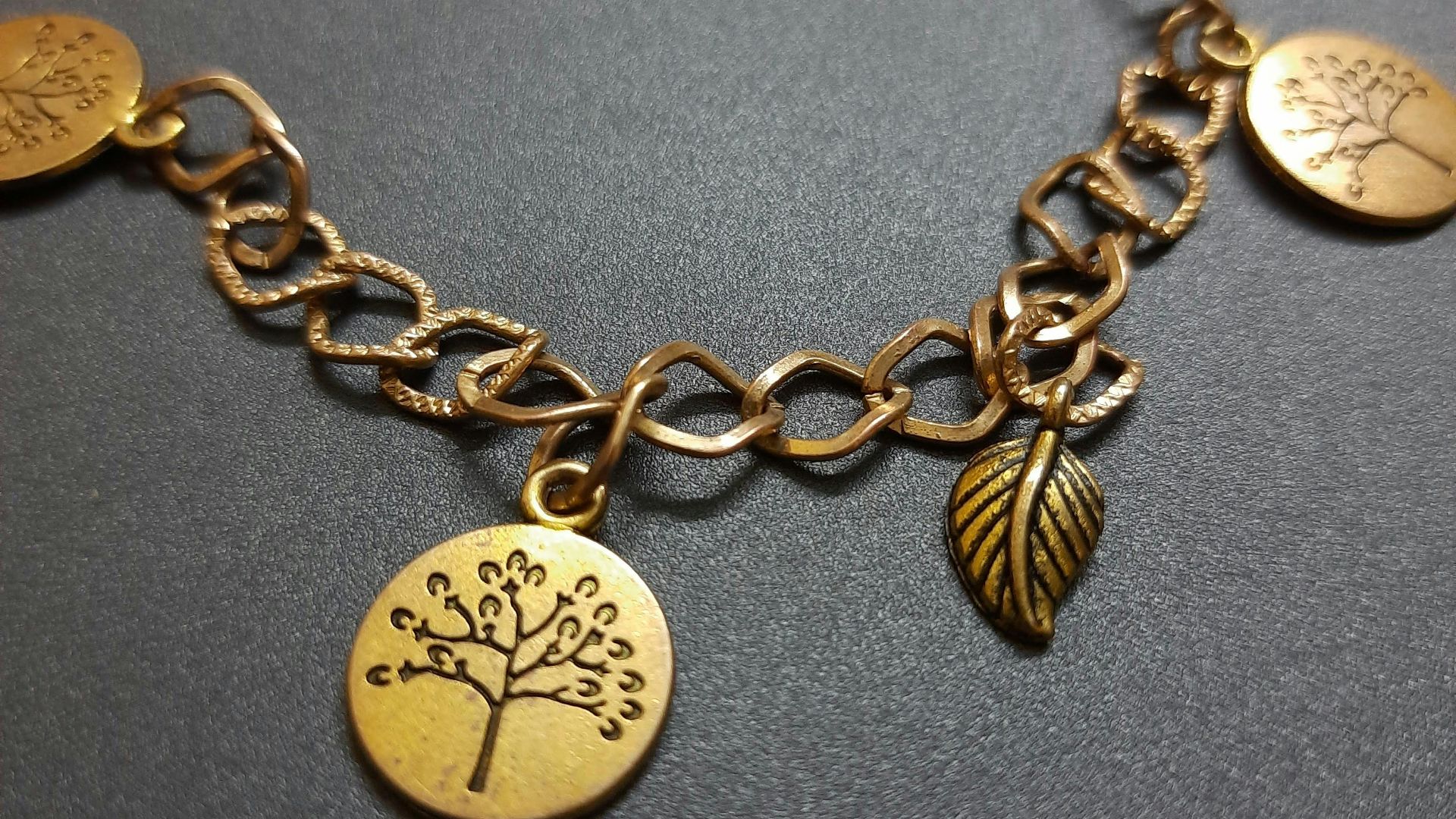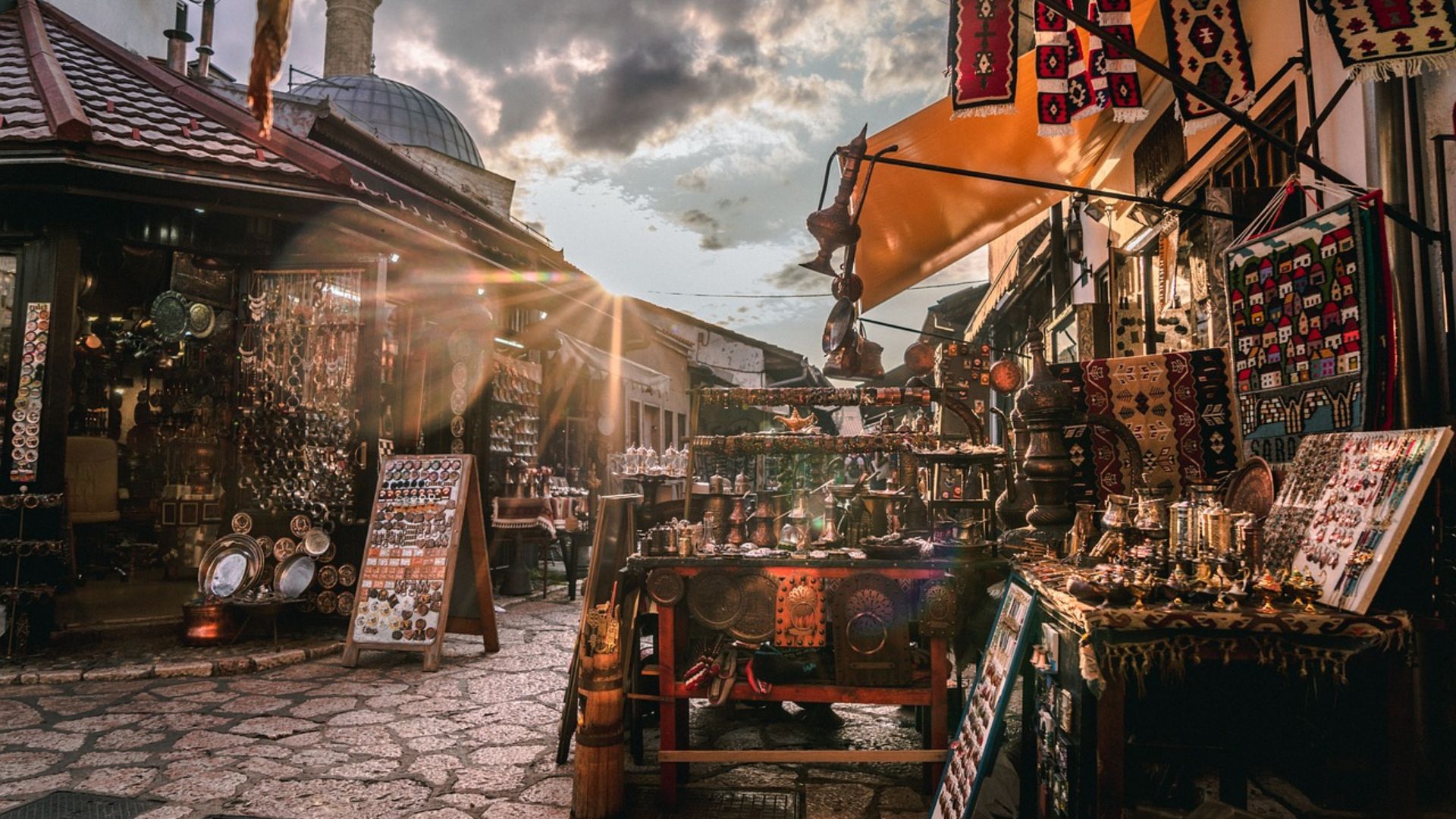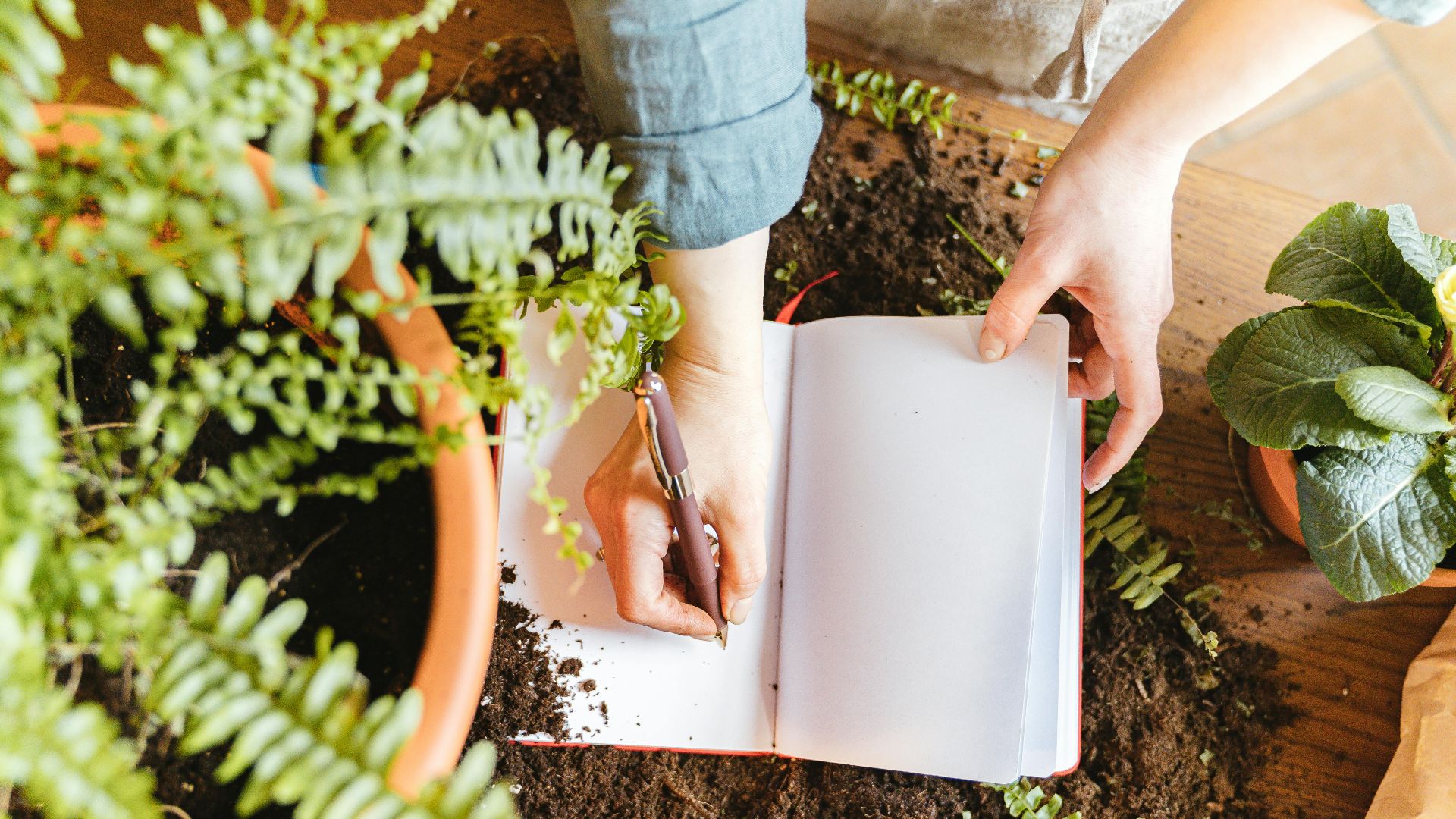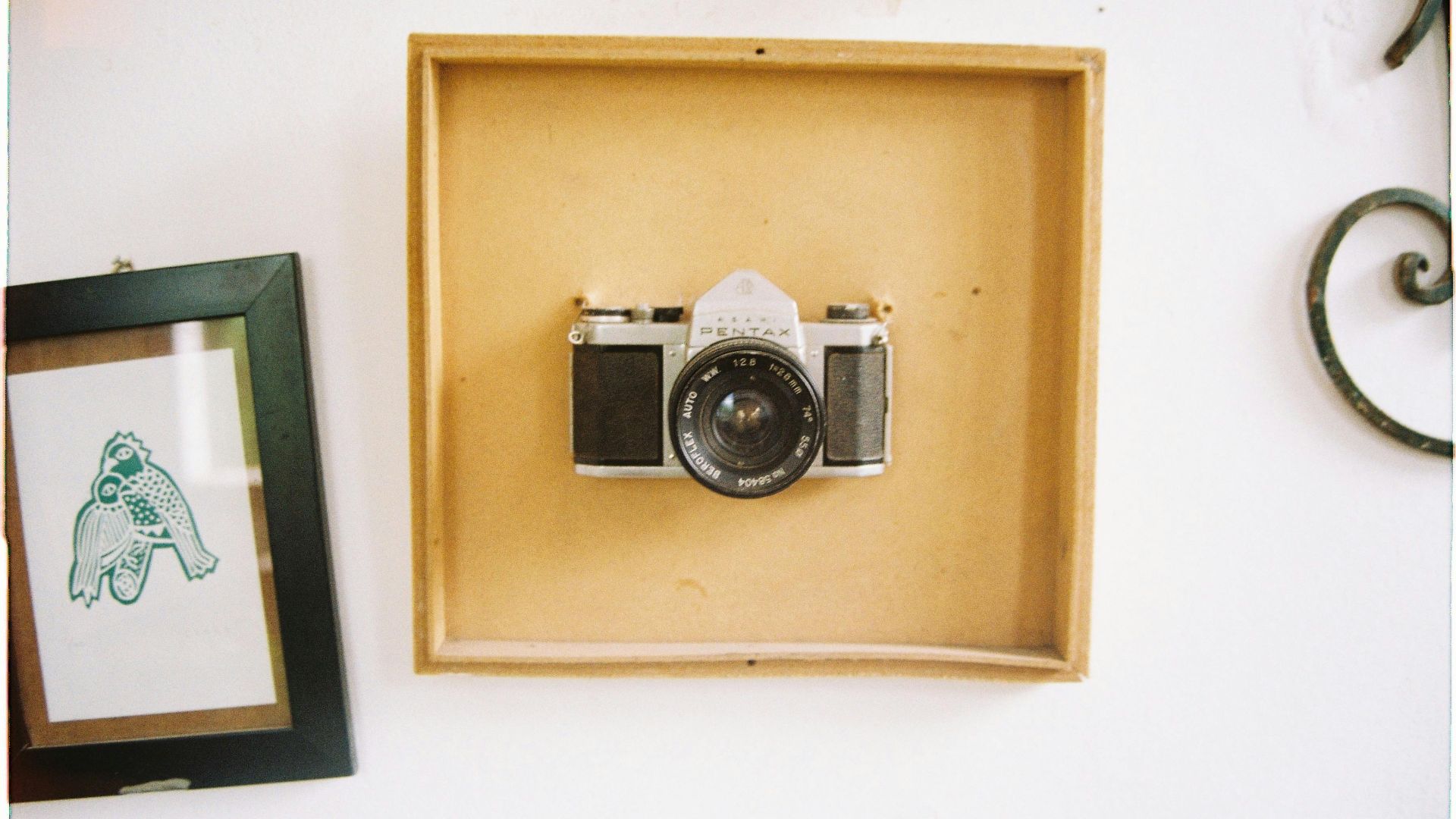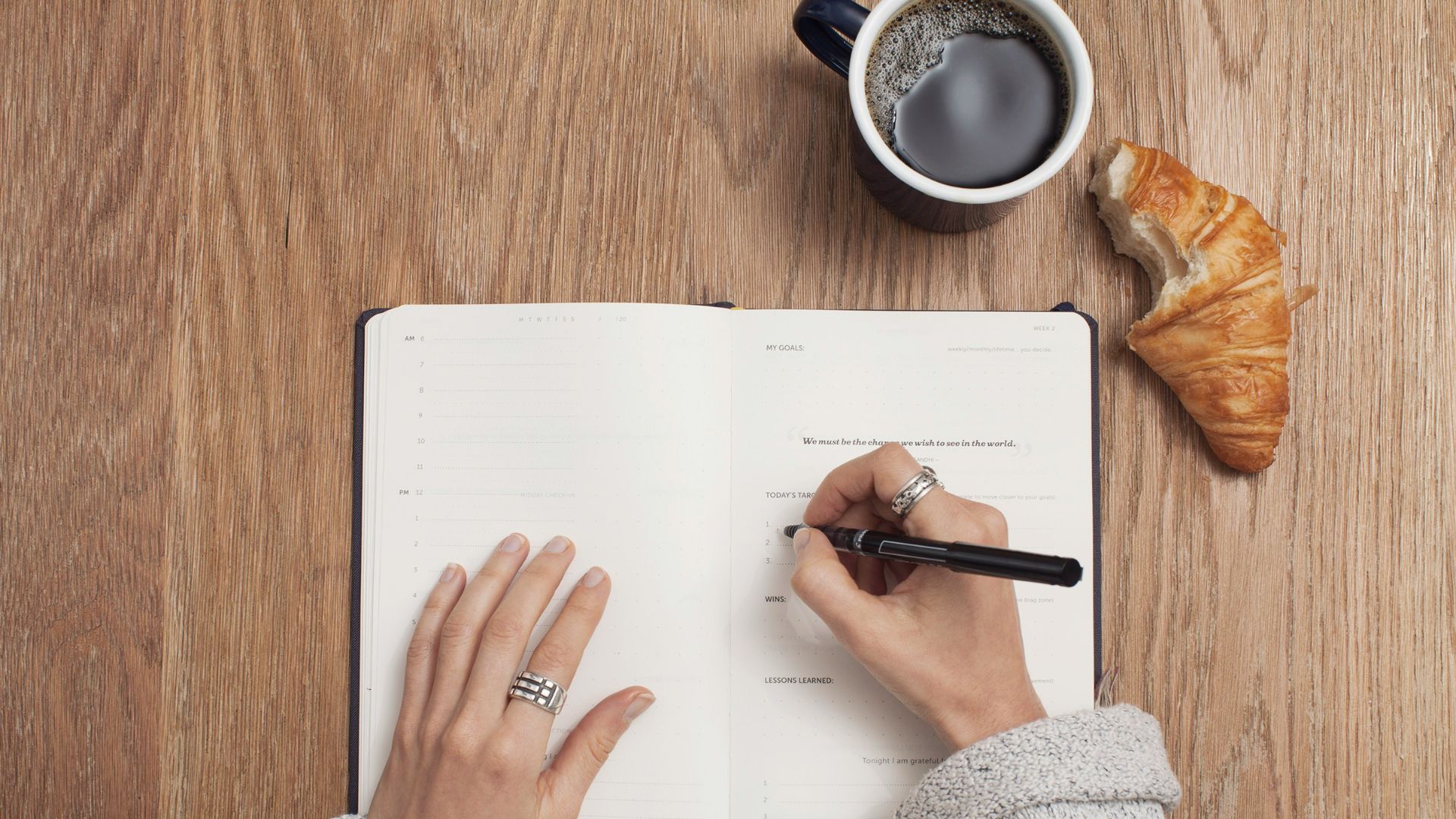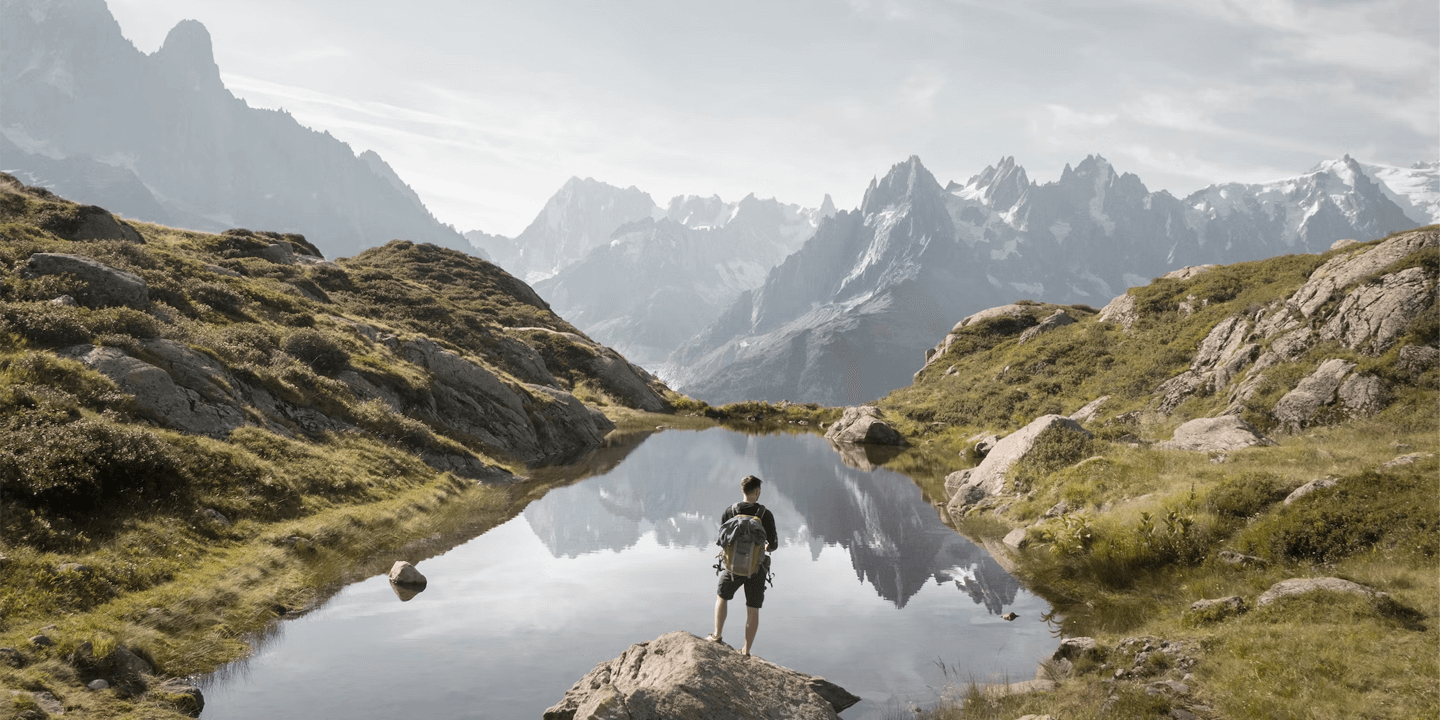How to Capture Your Travel Memories
Traveling soon or just wondering how to best commemorate your next trip? We all know that photos and videos can do the trick, and since our phones are always conveniently in our pockets, they're often how we capture our experiences. But there are plenty of other creative ways to record our travels beyond clicking the shutter. From scrapbooks to learning local recipes, here are 20 unique ways to document your next vacation.
1. Scrapbook
Perhaps the easiest way to document your travels is through a scrapbook. You can add photos, coins, cards, photos, and personal thoughts into one convenient little book. When you flip through it after your travels, you'll be able to relive your experiences through the things you've collected.
2. Journal
If you'd like a simpler method of documenting your memories, do a journal. Journals are more focused on the writing than scraps and trinkets. You can use one to record your thoughts at the end of each day, or if you buy it pocket-sized, you can keep it with you to jot down words and experiences whenever you like.
3. Polaroids
Polaroids are intentionally imperfect photos. They develop and print immediately, unlike traditional cameras or other digital devices. And because they have a nostalgic quality and feel to them, they're better suited at capturing travel memories than regular photographs.
4. Money
Coins and bills make great keepsakes. They often include symbols of the country they're from, with images and languages engraved or printed on them. Unless you plan to travel to the same destination again, you can put these away in a special piggy bank as you collect foreign currency around the world.
5. Travel Cards
Travel cards, like the ones you use for transportation and metro systems, also make nostalgic memorabilia. These often don't expire, so you can use them again during your next trip to the same city. But when not in use, you can keep them as souvenirs in your wallet or scrapbook.
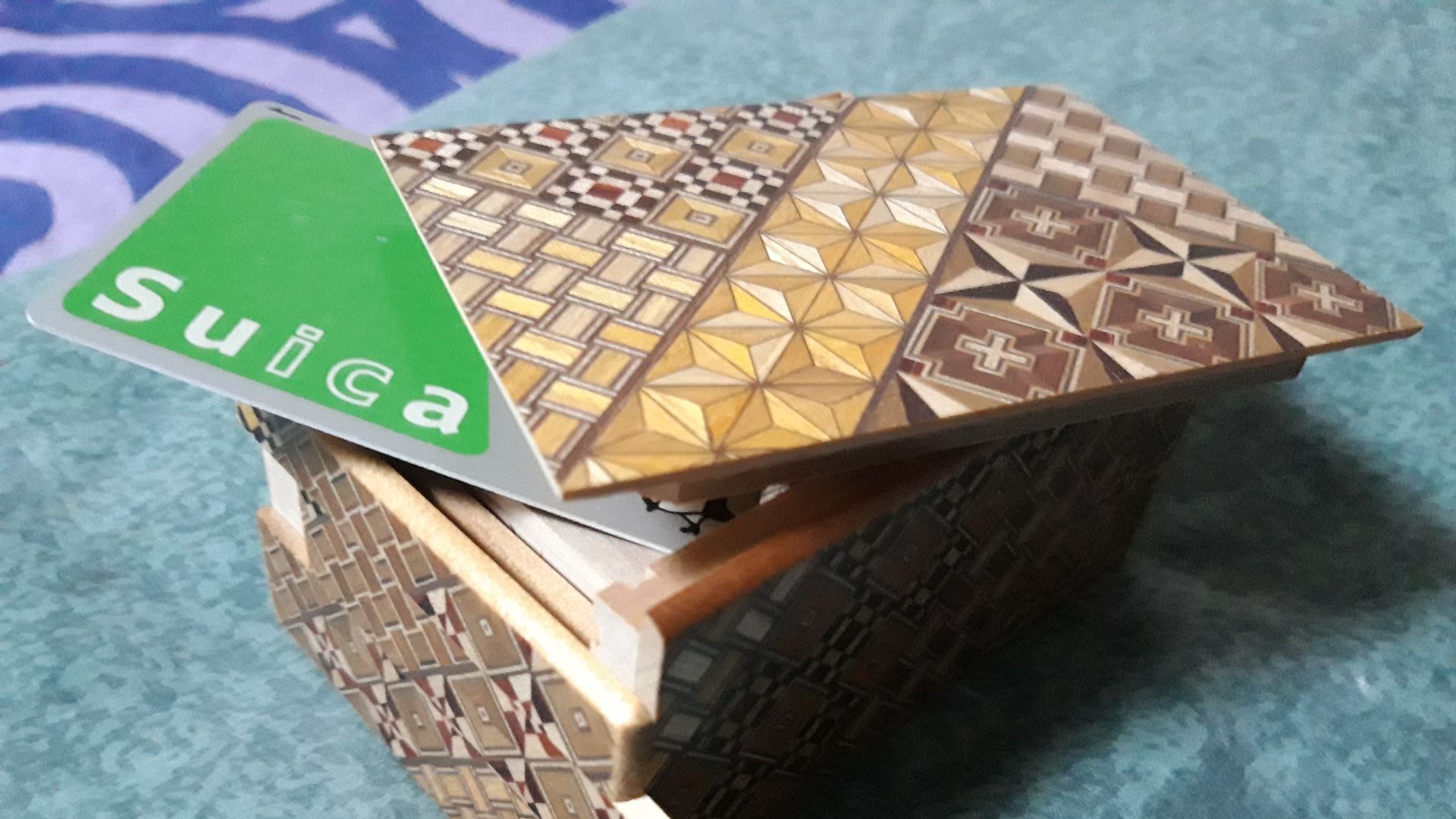 Eugene Alvin Villar (seav) on Wikimedia
Eugene Alvin Villar (seav) on Wikimedia
6. Tickets & Receipts
Amusement park tickets, restaurant receipts, drink coupons, food vouchers, price tags—combined, these make up a unique collection of your travels. At the time of your experience, you might not think twice about throwing these scraps away, but they'll hold much more meaning in them once you've left.
7. Video Montage
You can either make short clips and edit them together to create a montage, or film one with a theme in mind. Since videos include sight and sound, recording your experiences this way makes them feel more tangible and real when you replay the reels later.
8. Playlist
Make a playlist of the songs you listen to during your trip.
This could include music you listen to before you fly, during the flight, and new ones you might discover throughout your travels. You can then replay all the songs you've compiled afterwards on your journey home.
9. Make-Your-Own Souvenirs
For unique, one-of-a-kind souvenirs, seek out art or creative workshops you can take part in during your trip. You could make clay teapots, decorate a new phone case, write stories or poems, collect a jar of seashells from the beach, and more.
10. Paintings
If you're an artist (and even if you're not), paint your travels. Go to a scenic spot and bring your tools, then sketch out your surroundings. This will allow you to soak in the views while commemorating it in a unique way. You can then frame these on your walls after your travels, where you can relive those moments every time you look at them.
11. Travel Maps & Pins
Hang up a large map of the world, then collect pins from each destination you travel and tack them onto the map after you've come back. This makes for a great visual representation of all the places you've been, and you can even tape up photos or other tokens next to them.
12. Charm Bracelet
For a wearable piece of memorabilia, instead of collecting pins for a map, pick up a charm in every place you visit.
They could be locally made or have symbols that represent the place they're from. You can then affix these charms onto a bracelet to make a nostalgic accessory piece.
13. Local Crafts
Visit local artisan markets whenever you can during your trips; you can often find many locally made crafts and souvenirs you won't be able to get anywhere else. Scarves, earrings, music boxes, bags, keychains, and paintings are just some of the things you might see for sale.
14. Plant Journal
If you're a botanist or plant enthusiast, keep a journal of all the foliage you encounter during your trip. You can rub soil onto the pages, collect different types of leaves and flowers or unique pebbles, and include mini write-ups for each item describing what they are and where you found them.
15. Shadow Box
Similar to a piggy bank and time capsule, a shadow box is used to encase all your memorabilia. You can prop it up on tables to showcase all your items, or keep them somewhere only you can see. It's a great way to keep your travel collectibles in one place if you prefer not to do a scrapbook.
16. Learn How to Make a Local Dish
If you enjoy cooking, you can also sign up for cooking classes. These classes will usually teach you how to make a local dish using fresh ingredients, authentic spices, seasonings, and sauces.
Add the recipe to your journals or personal cookbook, and you'll soon have a list of dishes from around the world.
17. Fragrance
Scent can also evoke strong memories and emotions. During your trip, find a fragrance you think matches your overall experience of the destination. It could be the salty breeze of the ocean, the floral scent of a garden, or the spicy kick of a local ingredient. It could even be a scented candle from a boutique or a personalized perfume.
18. Ornaments
If you're someone who enjoys decorating for special events and holidays, find souvenirs you can use as ornaments. They don't have to come ready to hang—you can simply tie strings to toys and trinkets and drape them anywhere in your home.
19. Voice Notes
Though we mentioned journalling as a great way to document your travels, another way is to use voice notes. You can record your experiences as they're happening so that the sounds of your surroundings are included when you replay them. Speaking your thoughts aloud may also come easier for some than writing them down.
20. Write Short Stories
You don't need to be an author to write stories, and these stories don't need to feature you if you don't want them to. This is similar to recording journal entries, but with more creative freedom.
Whenever you're taking a break during your trip (say, at a cafe for a quick snack), observe the people and the setting around you, then start writing. After your travels, you'll have a collection of moments, scenes, and memories, all uniquely captured by you.


